- Cloud Storage Solution: Google Drive allows users to store files in the cloud, making them accessible from any device with an internet connection.
- File Sharing and Collaboration: Users can easily share files and folders with others and collaborate in real-time.
- Integrated with Google Workspace: It works seamlessly with other Google services like Google Docs, Sheets, and Slides.
- Cross-Platform Availability: Available on web, iOS, and Android platforms, ensuring accessibility on various devices.
Features of Google Drive
- Generous Storage Space: Google Drive offers 15 GB of free storage, shared across Google services. Paid plans are available for additional space.
- Real-Time Collaboration: Multiple users can edit documents simultaneously, with changes saved automatically.
- Advanced Search Functionality: Users can search for files using keywords or filters, making it easy to locate documents.
- Offline Access: Users can enable offline access to view and edit files without an internet connection.
- File Organization: Folders and labels help in organizing files for easier navigation.
- Integration with Third-Party Apps: Supports a wide range of third-party applications for enhanced functionality.
- Strong Security Measures: Google Drive employs encryption and other security measures to protect user data.
Pros and Cons
Pros
- User-Friendly Interface: Intuitive design that is easy to navigate, even for beginners.
- Free Storage Option: Provides 15 GB of free storage, which is suitable for casual users.
- Collaboration Features: Facilitates teamwork by allowing multiple users to work on documents in real-time.
- Cross-Platform Synchronization: Access files on any device, ensuring productivity on the go.
- Regular Updates: Google frequently updates the service with new features and improvements.
Cons
- Limited Free Storage: The initial 15 GB may not be sufficient for users with larger storage needs.
- Internet Dependency: Although offline access is available, a stable internet connection is generally required for full functionality.
- Privacy Concerns: As with many cloud services, users may have concerns regarding data privacy and security.
- File Format Compatibility: While Google Drive supports many formats, some specialized files may not be compatible.
Functions of Google Drive
- File Storage and Backup: Store files securely in the cloud, ensuring they are backed up and accessible from anywhere.
- Document Creation and Editing: Create and edit documents using Google Docs, Sheets, and Slides directly within Drive.
- File Sharing: Share files and folders with specific users or generate shareable links for wider access.
- Collaboration Tools: Utilize comments, suggestions, and version history to facilitate teamwork.
- File Organization: Use folders, color coding, and stars to categorize and prioritize files.
How to Use Google Drive
- Creating an Account:
- Visit the Google Drive website or download the app.
- Sign in with a Google account or create a new one.
- Uploading Files:
- Click on the “New” button.
- Choose “File upload” or “Folder upload” to add files from your device.
- Organizing Files:
- Create folders by clicking “New” and selecting “Folder.”
- Drag and drop files into folders for better organization.
- Sharing Files:
- Right-click on a file or folder, then select “Share.”
- Enter the email addresses of users you want to share with or generate a shareable link.
- Collaborating in Real-Time:
- Open a document and invite others to edit.
- Use the comment feature to discuss changes or ideas.
- Accessing Offline:
- Enable offline access in the settings.
- Install the Google Docs Offline extension for full functionality.
- Using Third-Party Apps:
- Explore the Google Workspace Marketplace for additional tools that integrate with Drive.


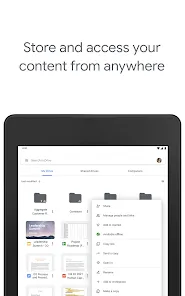
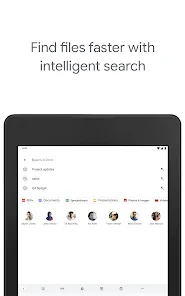
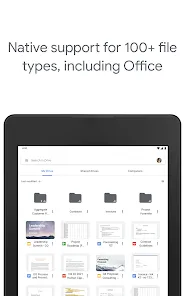
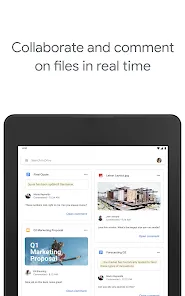
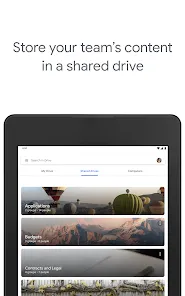
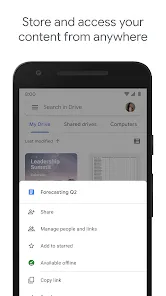
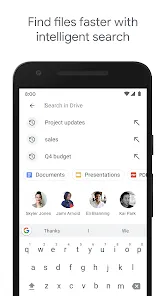
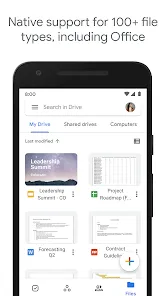
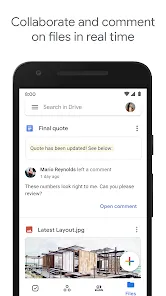
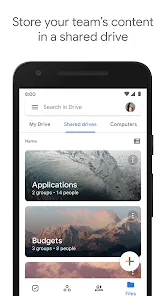

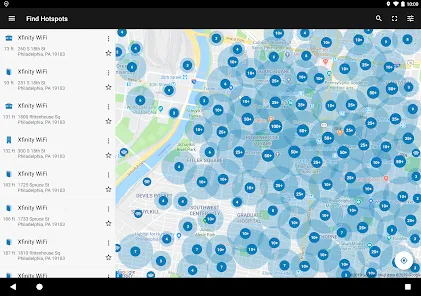
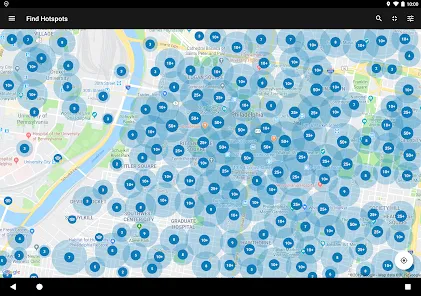
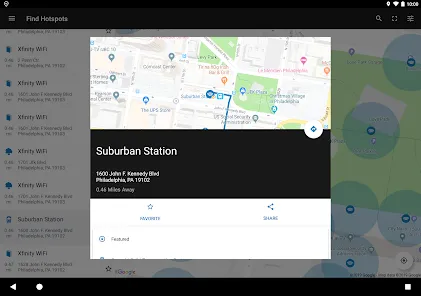
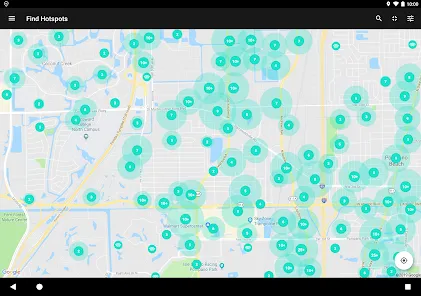



 0
0 



